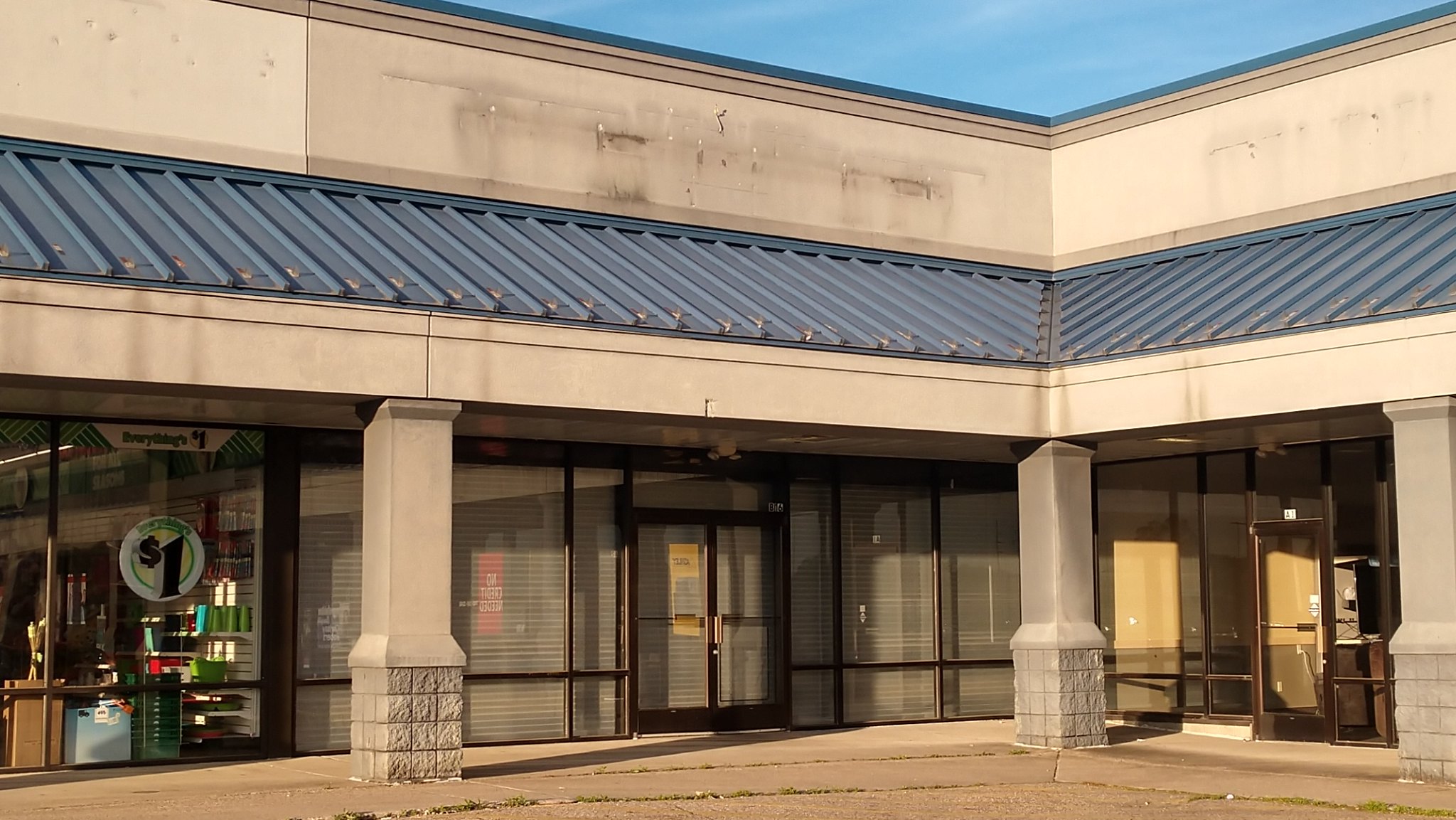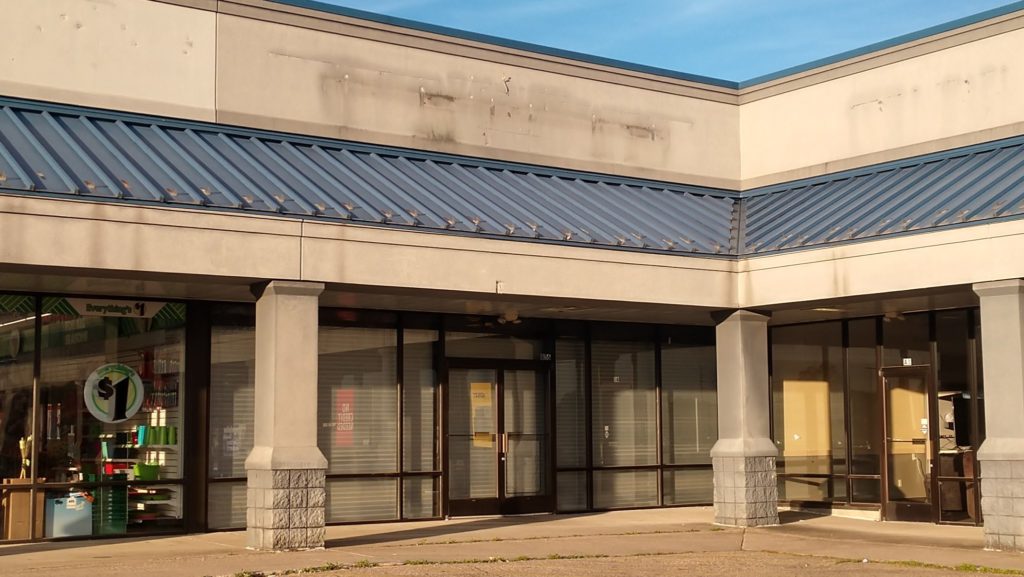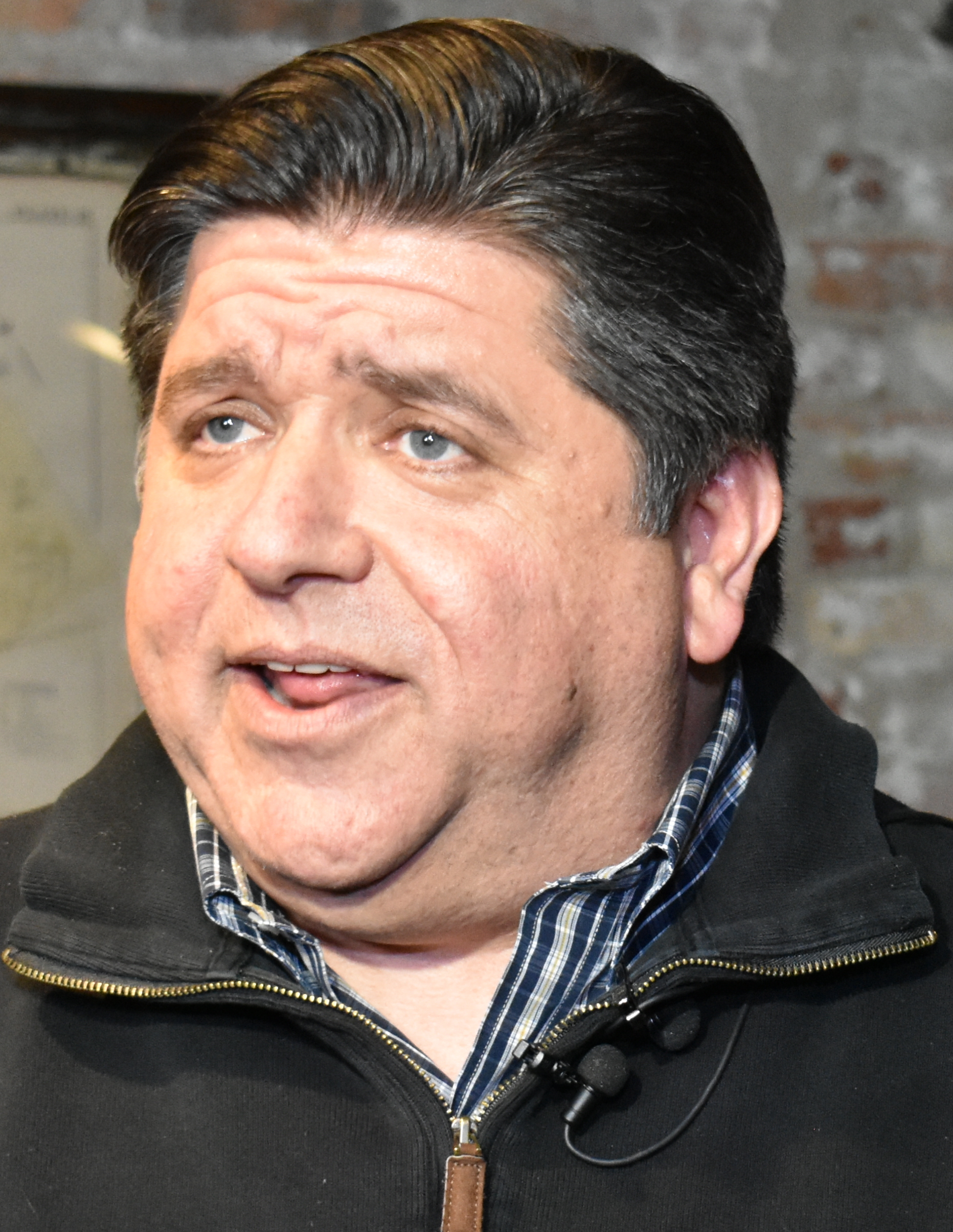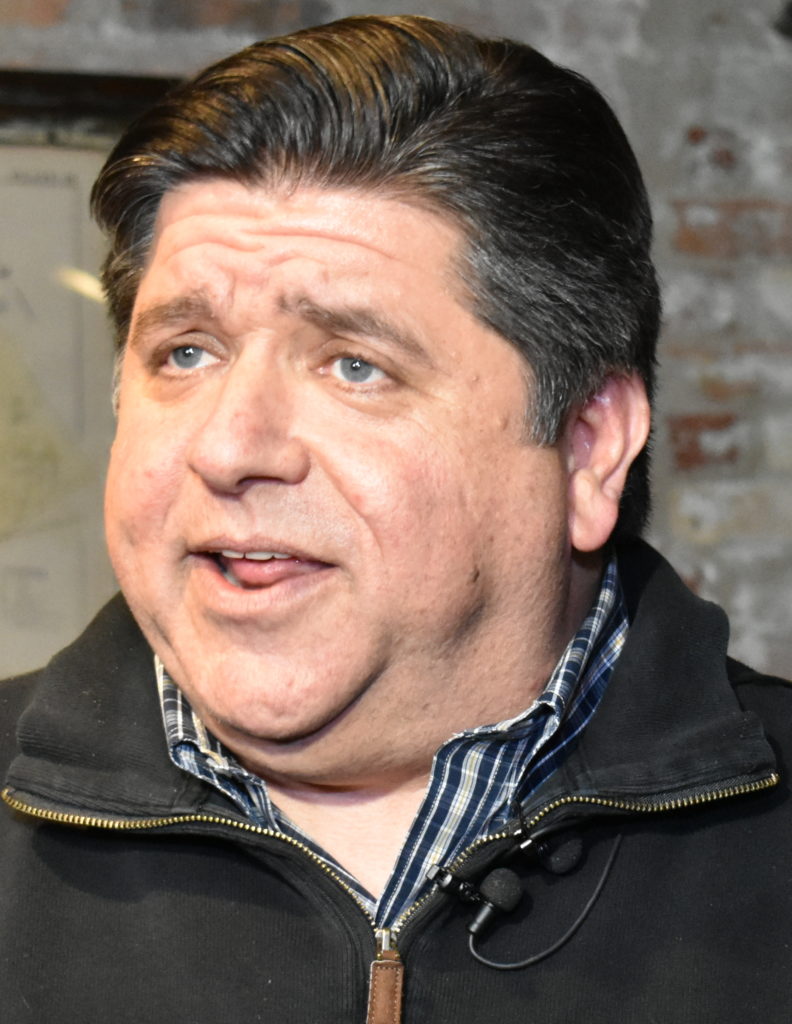James A. DeLeo is the very model of a modern IL. politician. He was a former Democratic member of the Illinois House of Representatives, and the Illinois Senate. He was also an Assistant Majority Leader for a period.
During his time in Illinois politics, DeLeo, like so many other politicians was hostile to taxpayers. Take for example his performance in the 93rd Illinois General Assembly. He voted in favor of SB1725, a new death tax that at the time was estimated to cost taxpayers $200 million in 2004, and $500 million every year after. He voted in favor of SB842, a $59 million heavy machinery tax that targeted Illinois manufacturers, including of all things graphic design companies. He also voted in favor of SB83, a bill that allowed park districts to raise property taxes $10.5 million a year without referendum. When then Governor Blagojevich vetoed the bill, DeLeo voted in favor of the veto override.
DeLeo also had his share of controversies, which is the norm by Illinois standards. DeLeo was indicted by a federal grand jury in the “Operation Greylord” investigation of corruption in Cook County for taking bribes. Though nothing was found regarding bribes, in 1990 he was sentenced to one year of unsupervised probation for claiming $1,700 in deductions he was not entitled to on his 1982 tax return.
Also like so many others, DeLeo is also a pension millionaire. DeLeo receives from his General Assembly Retirement System (GARS) pension an estimated $116,241 a year, with the majority of the money sourced from state taxpayers. DeLeo put $169,550 into his pension, and since his retirement from politics has been given an estimated $1,034,749. By the time he reaches 85, DeLeo is estimated to receive $3,377,802 from his pension.
There are plenty of pension millionaires, and we at Taxpayers United of America are going to put a spotlight on all of them! If taxpayers would like to view the latest annual report on Illinois pensions, there is a link to it on our website: 15th Annual Illinois Pension Report – Taxpayers United Of America








